As we look to the future, the urgent need for sustainable practices in agriculture and ensuring food security has never been more apparent. The intersection of technology, tradition, and innovative farming methods paints a promising picture for the future of agriculture. This post explores how these elements come together to form a sustainable framework for our global food systems.
The Rise of Sustainable Agriculture and Food Security
At the heart of sustainable agriculture lies the commitment to produce food in ways that protect the environment, expand the Earth’s natural resource base, and maintain and improve soil fertility. Based on a multi-pronged goal, sustainable agriculture helps to meet society’s food and textile needs in the present without compromising the ability of future generations to meet their own needs.
Food security, a critical aspect of sustainable agriculture, involves ensuring that all people at all times have both physical and economic access to sufficient food to meet their dietary needs. The future of agriculture looks promising with advancements in agricultural technology and practices aimed at enhancing crop diversity and improving soil health management.
Embracing Climate-Smart Farming and Organic Practices
Agroecology and Regenerative Agriculture
Agroecology combines ecological science with indigenous knowledge and local food system experiences to sustain agricultural production. On the other hand, regenerative agriculture goes a step further to restore degraded soil biodiversity, resulting in both carbon drawdown and improving the water cycle.
Precision Agriculture: A Technological Boon
Precision agriculture stands out by making farming more accurate and controlled when it comes to growing crops and raising livestock. A key component of this method includes sensors, IoT, robotics, drones, AI, and GPS technology. These tools not only increase efficiency but also reduce waste, energy use, and cost.
Agricultural Technology: Enhancing Productivity
Urban Agriculture and Its Expanding Scope
Urban agriculture is becoming an essential part of the urban landscape for enhancing food security in cities. This practice not only helps in managing urban waste streams but also mitigates city heat effects. Moreover, it brings people closer to their food sources, creating a community-based approach to tackling food insecurity.
Renewable Energy’s Role in Farming
Integrating renewable energy into farming practices can significantly reduce dependence on fossil fuels, lower emissions, and save costs. Practices like solar-powered irrigation systems and biogas from agricultural waste are exemplary forms of renewable energy in farming.
Ensuring Sustainability in the Food Supply Chain
The sustainability of the food supply chain is crucial for minimizing waste, reducing environmental impacts, and enhancing economic viability. A sustainable food supply chain ensures that all processes from farm to fork are eco-friendly, ethical, and economically viable.


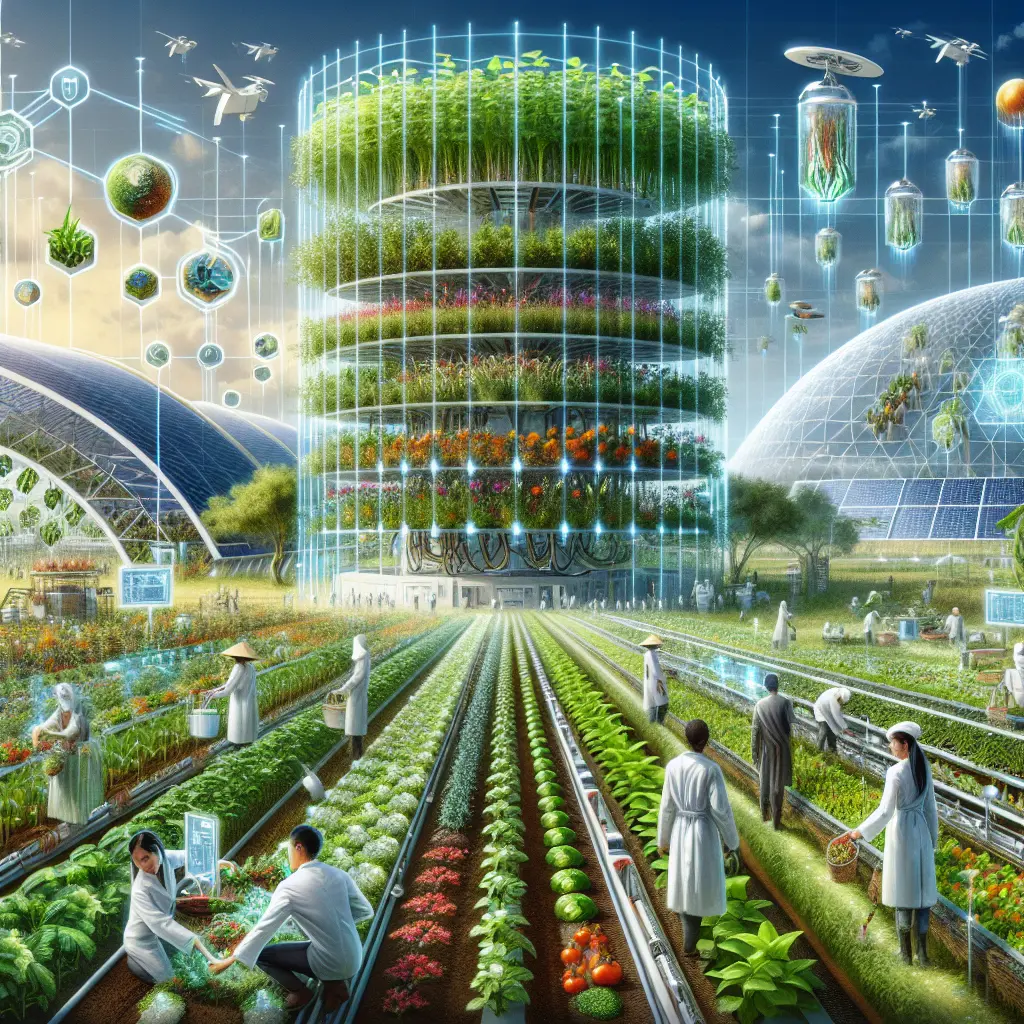

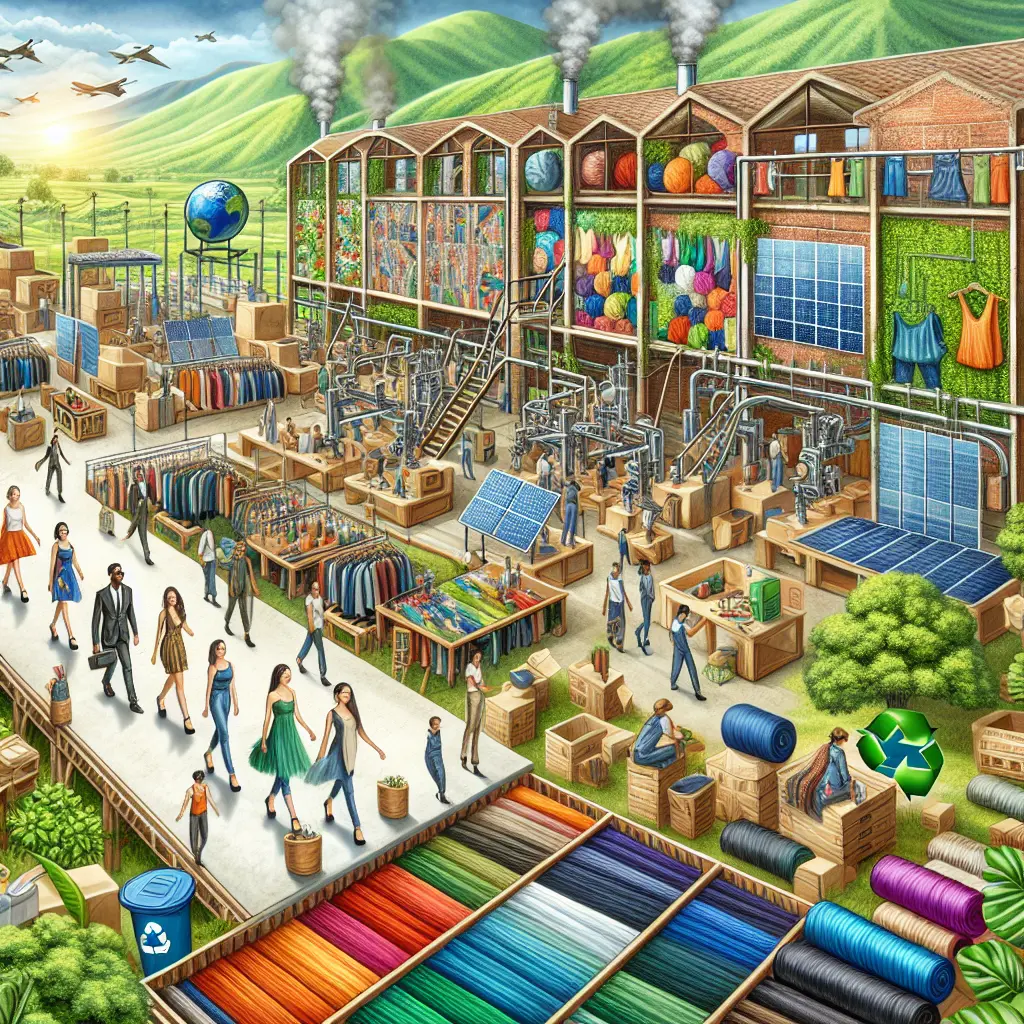
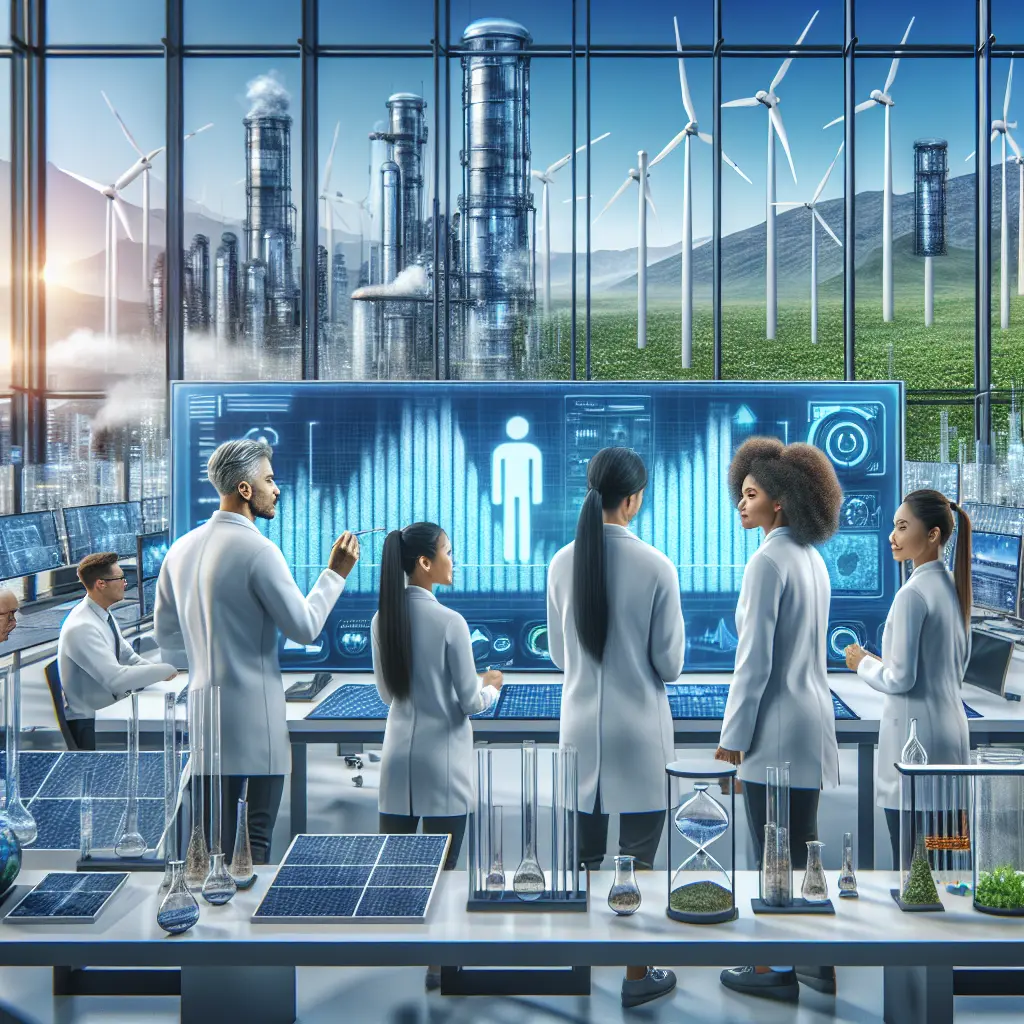
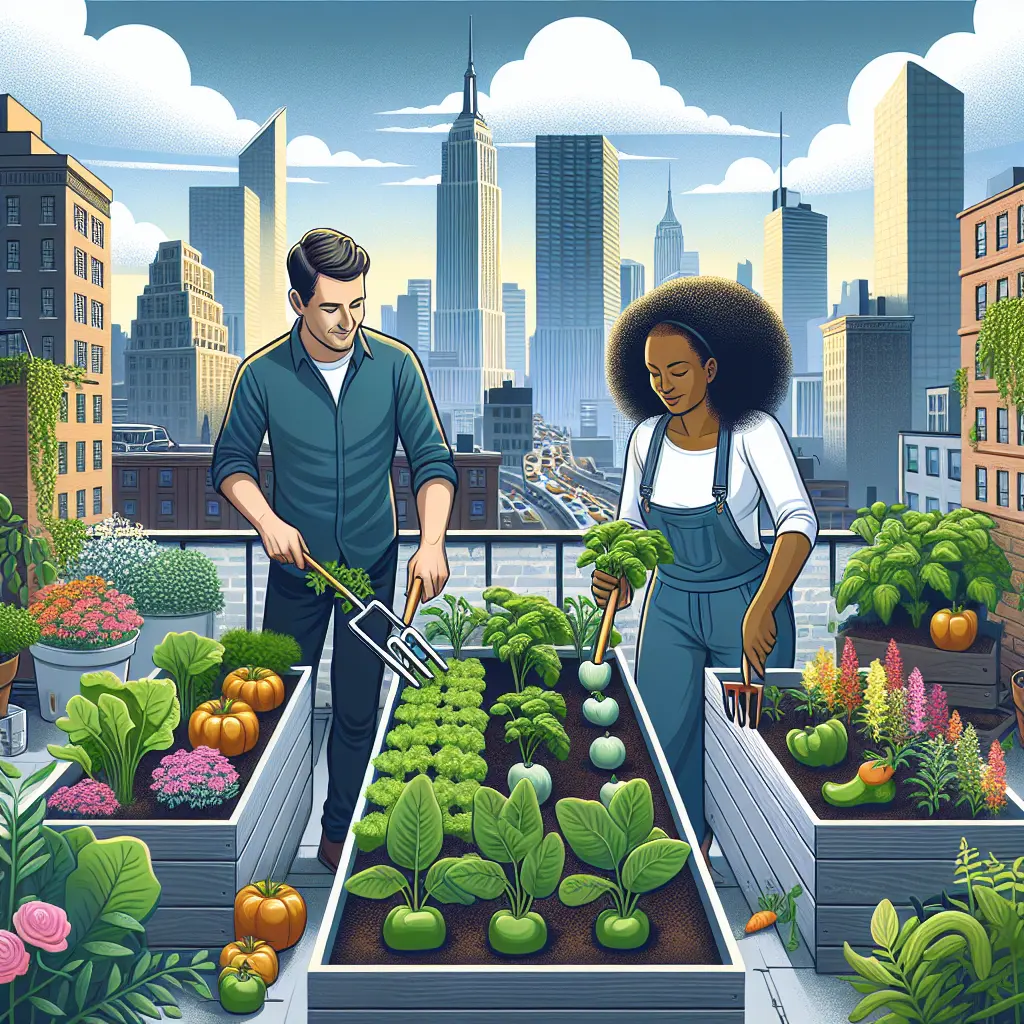
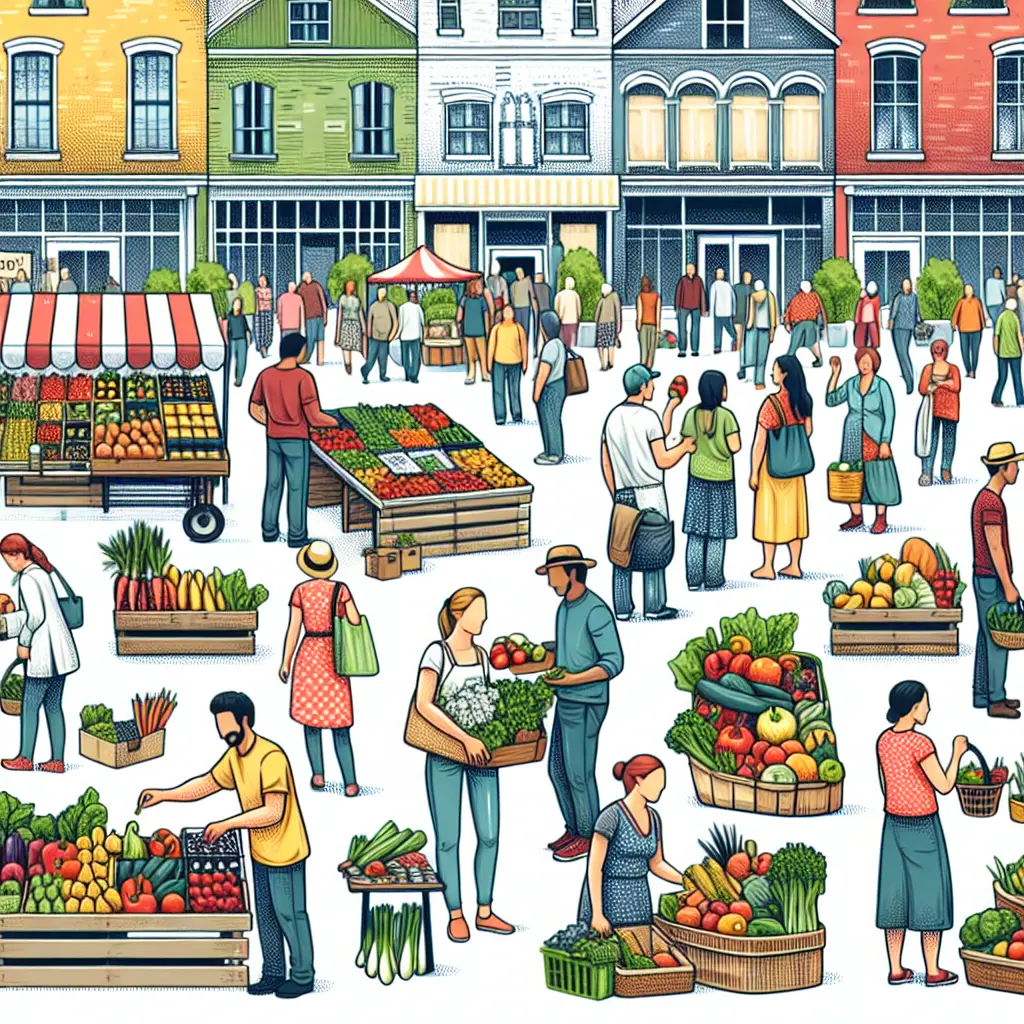
Leave a Comment